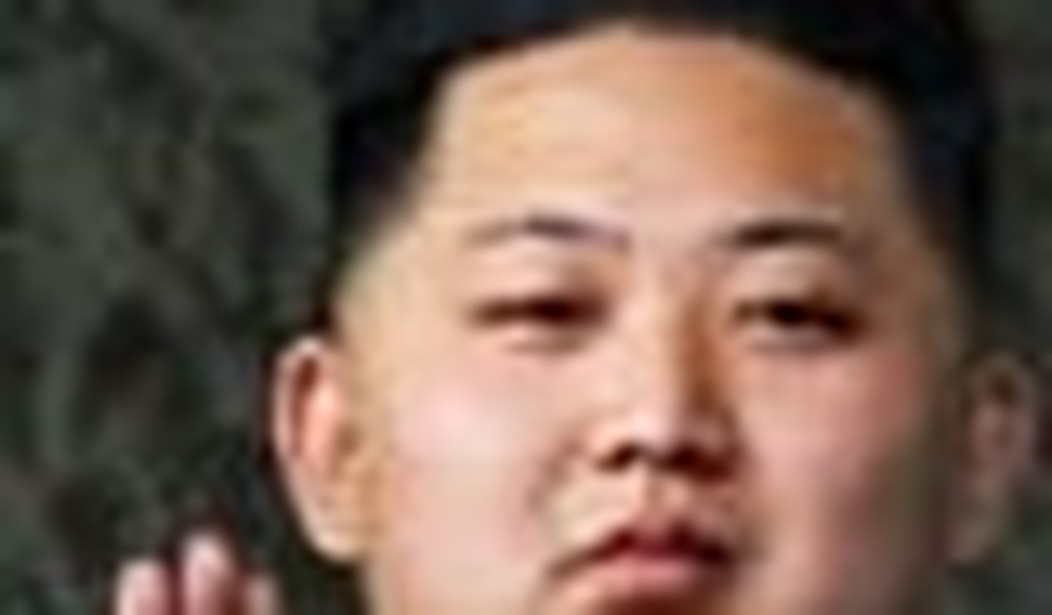North Korean leader Kim Jong Il died the morning of December 17, according to an official North Korean news broadcast at noon on December 19. Initial reports say Kim died of a heart attack brought on by fatigue while on board a train. Kim is believed to have suffered a stroke in 2008, and his health has been in question since. Kim Jong Un is Kim Jong Il’s third known son, and was given official titles only last year. He was hailed by state media this week as the “Great Successor” to his father.
North Korea’s young and inexperienced next leader will lean on a seasoned inner circle headed by his aunt and uncle to guide him through the transition to supreme ruler.
The North Korean regime is almost run like a cartel. Jang Song Taek, brother-in-law of Kim Jong Il, is considered by many as a power broker who would play a key role in the nation’s future. Jang acted as a broker within the regime, especially after Kim Jong Il replaced his late father in 1994. It is clear that Jang is believed to have good relations with all three of Kim’s sons, acting as their guardian and overseeing their educations. He is believed to have backed the youngest son as Kim’s successor.
The North’s power elite is formally a three-pronged structure of the military, the Workers’ Party of Korea, and the parliament. The National Defense Commission is the state’s supreme leadership body, which Kim headed. The Workers’ Party of Korea was also headed by Kim until his death; a general meeting last year was meant to revive its status as the primary source of power.
The slogan of the Kim regime was “put the army first.” General Ri Yong Ho, the chief of staff, is ranked fourth on the list of funeral committee officials, an indication of the power he has not only within the army but as Kim Jong Il’s confidant in domestic politics.
China has emerged as the country that has the most influence over North Korea. North Koreans who escaped to northern China and remain in China live in danger, not only of being discovered by the Chinese authorities but from the bounty hunters who would turn them in to local authorities for a reward. While northeast China is generally far more economically developed and stable than North Korea, extreme poverty within North Korea and food shortages have a significant impact on movement across the border into China. The North Korean communist regime began experiencing a food shortage of increasing severity beginning in the early 1990s, after the collapse of the Soviet Union and the resulting cut-off of economic benefits North Korea had received from the communist bloc.
North Korea’s nuclear weapons remain a threat to its neighbor, but also to the U.S. forces stationed in the Japanese islands. While there is no widely accepted figure for the size of North Korea’s nuclear arsenal, most experts estimate that North Korea possesses at least a handful of nuclear devices.
The North Korean weapons and tactics are not confined in the Korean peninsula — experts believe that North Korea actively helped Hezbollah in the Middle East. The Israel Law Center is representing 30 American Israelis who are suing North Korea and Hezbollah for damages caused by rocket attacks during the Second Lebanon War. Forty-three civilians were killed and 4,262 were injured, according to the suit. Experts such as Professor Barry Rubin, the director of the GLORIA Center in Herzliya, Israel, claim North Korean experts helped Hezbollah build a 25-kilometer tunnel in southern Lebanon. The tunnel was used during the Second Lebanon War to transport, store, and assemble rockets. North Korea continued the supply of weapons to Hezbollah through the Iranian regime — this including M-600 rockets that would allow Hezbollah to strike targets in central Israel.
It is clear that tension in the Korean peninsula is heating up. The power brokers, both from the communist party and the army, might chase their own interests, causing a conflict. The role of the young Kim Jong Un, his family, and the army might decide the future of the Korean peninsula, as the most secretive Stalinist country in the world refuses to unveil its intentions.









Join the conversation as a VIP Member